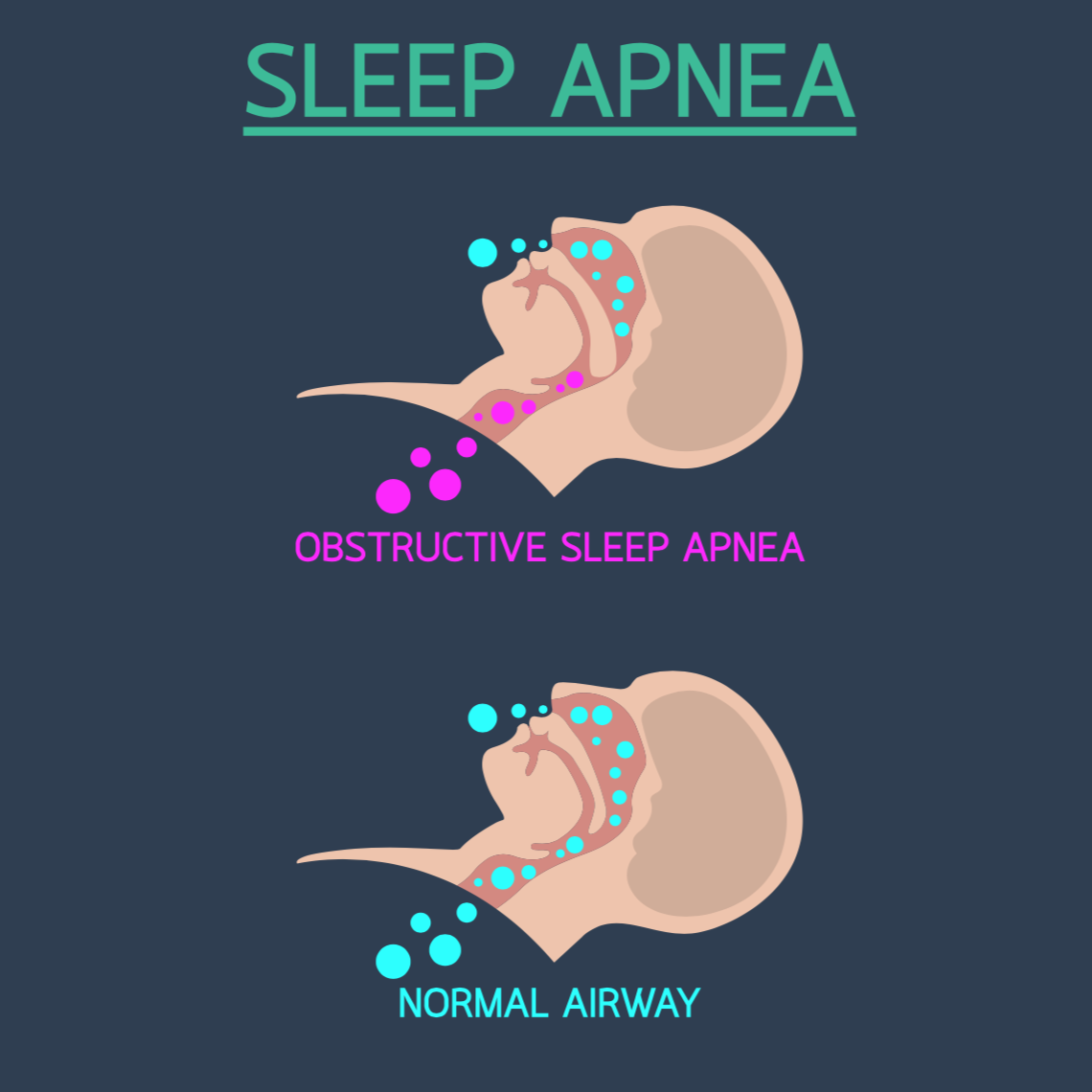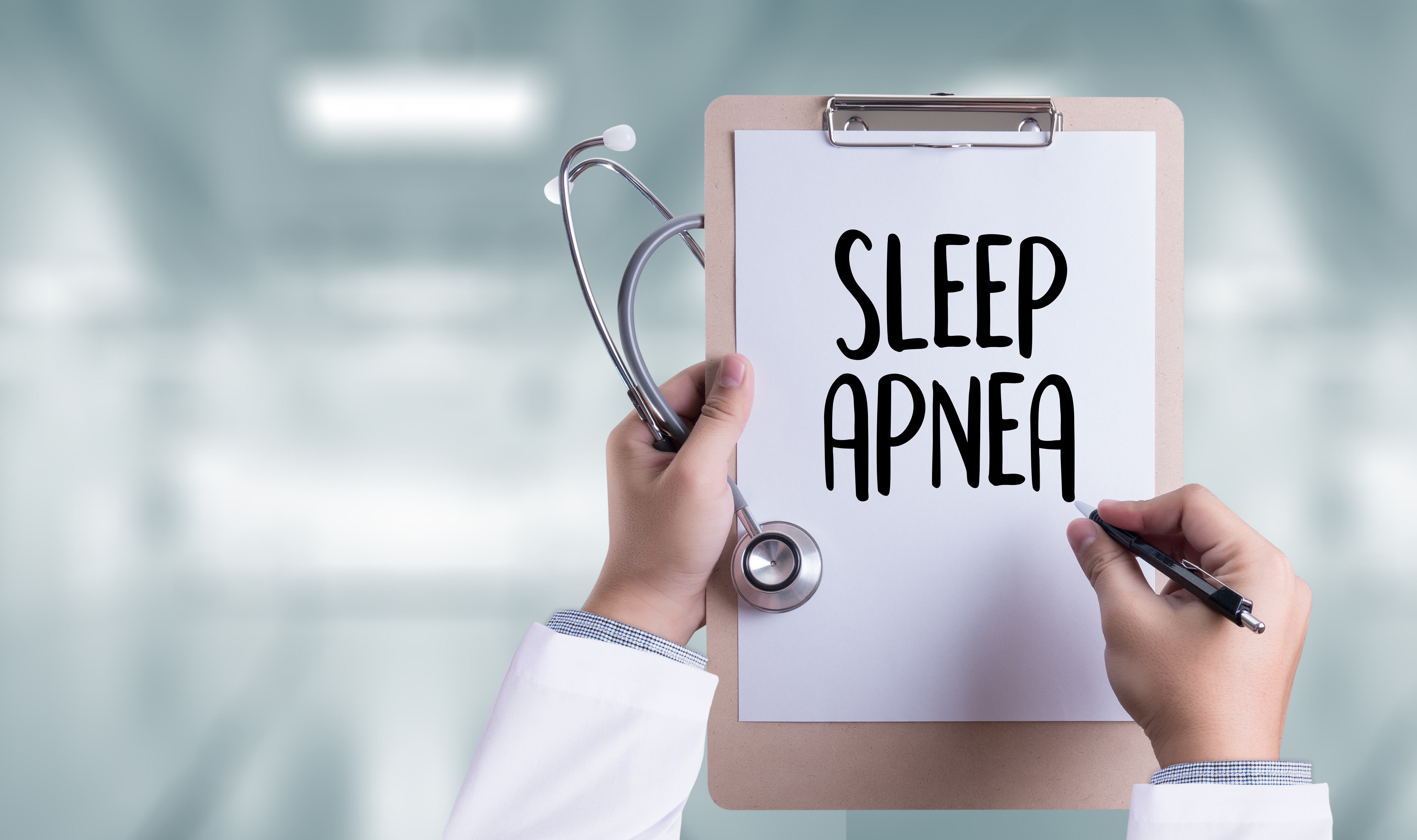Last Updated on April 24, 2024
Snoring is a problem that is prevalent throughout the world. People irrespective of their age or gender suffer from this issue alike. However, did you know that incessant snoring and sleep problems can be associated with a potentiality for diabetes? Yes, you heard it right! Snoring is not just hard on your sleeping partner or housemates. It is also extremely challenging for your diabetes and insulin function.
The Causes of Snoring
The primary cause of snoring is the vibration of the tissues in the mouth and nose. It is a rattling and rough noise that is made during sleep when the soft palate and the uvula in the mouth vibrate continually. Snoring doesn’t occur when you are awake because there is essentially no vibration of these tissues at that time due to the muscles present at the back of the throat, keeping them in their place. The muscles tend to relax when you sleep, thus causing the vibration of the tissues we call snoring.
According to a study conducted by the American Journal of Epidemiology, Type 2 diabetes is more likely to occur in regular snorers rather than non-snorers. The percentage of the habitual snorers who have Type 2 diabetes is as high as 48%.
Some other significant causes of snoring are:

How Does Snoring Cause Diabetes?
Snoring or sleep apnea (the most aggressive form of snoring), obstruct the airway. This also blocks the free flow of oxygen into your lungs due to which, the body releases stress hormones such as cortisol. The insulin resistance is increased manifold due to stress, ultimately causing diabetes in individuals.
Many studies have proved that insulin resistance is greatly enhanced due to poor sleep. If you do not sleep well, you are more likely to snore, and if you snore, you are more likely to suffer from diabetes.
The Connection between Snoring and Sleep Apnea
OSA or Obstructive Sleep Apnea is probably the worst possible form of snoring there is. You completely stop breathing if you suffer from OSA. This causes you to wake up repeatedly to get some much-needed air and to clear your throat. Immediately thereafter, you fall asleep never realizing that it ever happened.

Some individuals wake up quite a lot every few minutes during the night. If you are grumpy and super tired during the day or it’s hard for you to keep your eyes open due to sleep deprivation, you might be suffering from OSA. In case you see these symptoms, you must get it checked by a doctor immediately because a life without OSA is infinitely more enjoyable and longer. OSA has a direct connection with blood sugar and insulin resistance.
It has been observed that several people who suffer from sleep apnea snore. However, the same is not necessarily true vice-versa. You might snore but might not suffer from sleep apnea. You must check and confirm if you have the symptoms of sleep apnea. One good idea is to ask your sleep partner to look for signs of stopping to breathe altogether and then start breathing with loud gasps. That’s a sure shot sign of sleep apnea, and it must be treated without delay.
If you do snore but it’s regular without any gasps, it is quite unlikely that you have sleep apnea. However, there is still the problem of snoring, and it causes the problem of enhanced insulin resistance. In any case, you must get it checked either by taking the help of a housemate or by some electrical monitoring equipment or a sleep study performed in a lab.
How does Sleep Apnea Affect Life Insurance?
As you know, getting life insurance with Diabetes isn’t as easy as one thinks. Depending on your overall Diabetes history, and other health issues, you can find yourself scratching your head and wondering where can I get coverage. If you are an individual with Diabetes, and sleep apnea, your options are even more limited.
Having sleep apnea in combination with diabetes will make finding a non-medical exam life insurance policy difficult. There would be a couple of options for you, so to find out more information, simply contact us to discuss.
Most life insurance companies will rate you higher for having Diabetes. Depending on the control of your sleep apnea, you can expect companies to possibly add an additional 25% or more to your overall premiums. Life Insurance companies will want to know how your Dr. views the Sleep apnea. Is it “mild”, “moderate”, or “severe”
Best case scenario is the sleep apnea is mild, and you may not have any additional premiums accessed to your policy. And worst-case scenario is the sleep apnea is deemed severe, and you’ll be declined all together. If you aren’t able to qualify for traditional life insurance coverage, you may be forced to apply for a guaranteed issued life insurance policy.
What Can You Do to Avoid It?
There is no shortage of options to choose from to avoid snoring. You can choose many products and hundreds of different approaches. However, not all of these “supposed methods” work well or at all for that matter. A few things prescribed by the website HelpGuide.org that you can undergo are:
 Do not smoke.
Do not smoke.- Avoid consuming sleeping pills or alcohol in the evenings.
- Use nasal decongestants in case you have a stuffy nose. Ensure a clear nasal passageway.
- Use a humidifier in the bedroom to keep the air moist.
- Your head must always be at the perfect elevation while you sleep to ensure a perfect flow of air inside your lungs. Choose the right pillow.
- Practice a few throat exercises to tone down the muscles in your throat.
- Losing even a few kilograms of weight can significantly aid in avoiding snoring.
- Drink sufficient fluids. Dehydration worsens the effects of snoring considerably.
- Sleep on your side.
- Use a nasal dilator or a mouth appliance to avoid snoring.
Conclusion
Besides these popular and effective methods, there is always the option of nasal surgery and implants. However, never go for invasive procedures to indulge in self-prescription, or it can further aggravate the situation. Always consult your doctor, and you will be more than happy with the results!
About the Author Katherine Dilworth is a wife, mother and a blogger and she writes on caseydilworth.com, this blog provides exclusive information on Remedies for Snoring and Snoring Solutions.
